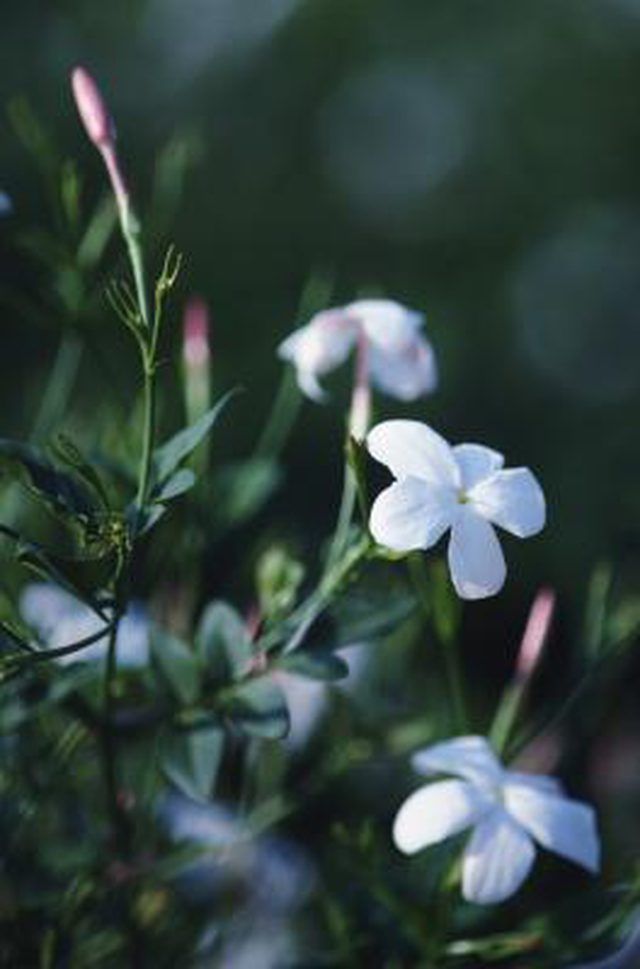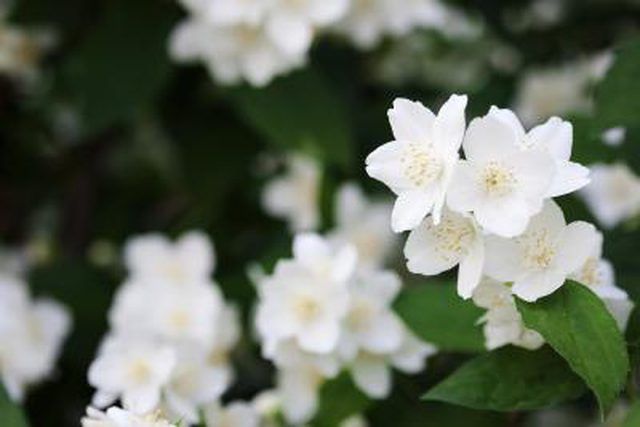Bulbs
Flower Basics
Flower Beds & Specialty Gardens
Flower Garden
Garden Furniture
Garden Gnomes
Garden Seeds
Garden Sheds
Garden Statues
Garden Tools & Supplies
Gardening Basics
Green & Organic
Groundcovers & Vines
Growing Annuals
Growing Basil
Growing Beans
Growing Berries
Growing Blueberries
Growing Cactus
Growing Corn
Growing Cotton
Growing Edibles
Growing Flowers
Growing Garlic
Growing Grapes
Growing Grass
Growing Herbs
Growing Jasmine
Growing Mint
Growing Mushrooms
Orchids
Growing Peanuts
Growing Perennials
Growing Plants
Growing Rosemary
Growing Roses
Growing Strawberries
Growing Sunflowers
Growing Thyme
Growing Tomatoes
Growing Tulips
Growing Vegetables
Herb Basics
Herb Garden
Indoor Growing
Landscaping Basics
Landscaping Patios
Landscaping Plants
Landscaping Shrubs
Landscaping Trees
Landscaping Walks & Pathways
Lawn Basics
Lawn Maintenance
Lawn Mowers
Lawn Ornaments
Lawn Planting
Lawn Tools
Outdoor Growing
Overall Landscape Planning
Pests, Weeds & Problems
Plant Basics
Rock Garden
Rose Garden
Shrubs
Soil
Specialty Gardens
Trees
Vegetable Garden
Yard Maintenance
Are Jasmine Plants Poisonous to Animals?
Are Jasmine Plants Poisonous to Animals?. Jasmine plants produce fragrant flowers and are a commonly used landscape plant. Pet owners must take special care to select plants that are not poisonous to animals. The jasmine plant is safe for gardens and yards that have pets because it is a nontoxic plant.
Jasmine plants produce fragrant flowers and are a commonly used landscape plant. Pet owners must take special care to select plants that are not poisonous to animals. The jasmine plant is safe for gardens and yards that have pets because it is a nontoxic plant.

Jasmine plants are not toxic to cats, horses and dogs, according to the American Society for the Prevention of Cruelty to Animals. When any animal, however, ingests a plant that is not part of its normal diet, the animal may experience discomfort.

Ingesting a jasmine plant will not cause the more severe symptoms associated with poisoning, but it may produce gastrointestinal symptoms. Nausea, vomiting and diarrhea are the most common effects of plant ingestion. Animalsólike humansómay also experience an allergic reaction after ingesting a plant.

If your pet has symptoms that are severe or long lasting, consult a veterinarian. Take a sample of the plant in question to the veterinarian's office with your pet. This will help the veterinarian to identify the plant and provide the correct treatment for your pet.
